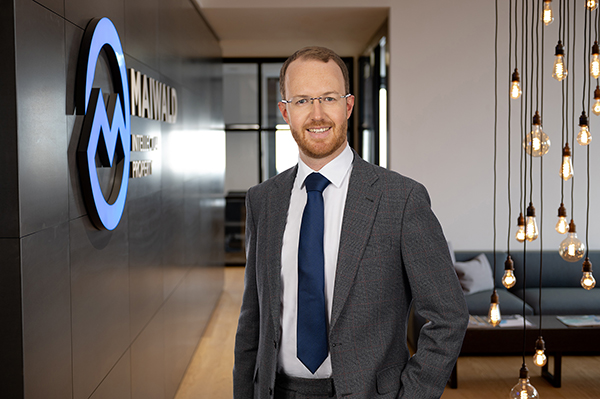According to the national patent laws of some countries, a patent application must be brought into a state suitable for allowance by a specified time, measured either from the application date/priority date or the date of issuance of the first Office Action of substantive examination.
The main countries where a patent attorney needs to be aware of these shortened timeframes are Australia (AU), New Zealand (NZ), India (IN), South Africa (ZA).
Australia and New Zealand
Acceptance deadline: 12 months after the issuance of the First Examiner’s Report. If the Examiner has not accepted the application by this time, then the application will be deemed to be rejected. It is therefore advisable to respond to Office Actions as quickly as possible, in order to have time for a back and forth dialogue between the Applicant and the Examiner.
A rejection due to an expired acceptance deadline in both AU and NZ can be bypassed through the filing of a divisional application, which will then have a new acceptance deadline. It must, however, be remembered that in NZ divisional applications cannot be filed more than 5-years after the filing date of the parent application.
South Africa
Acceptance date: 12 months after the filing of a national stage PCT application, or 18 months after the filing of direct application.
Since ZA patent applications do not undergo substantive examination, this deadline applies simply to formality requirements.
India
Acceptance deadline: 6 months (extended by 3 months upon request) after the issuance of the First Examination Report. Unlike in AU and NZ, the application will not be directly rejected upon the expiry of this deadline, but rather will take place during an oral hearing.
